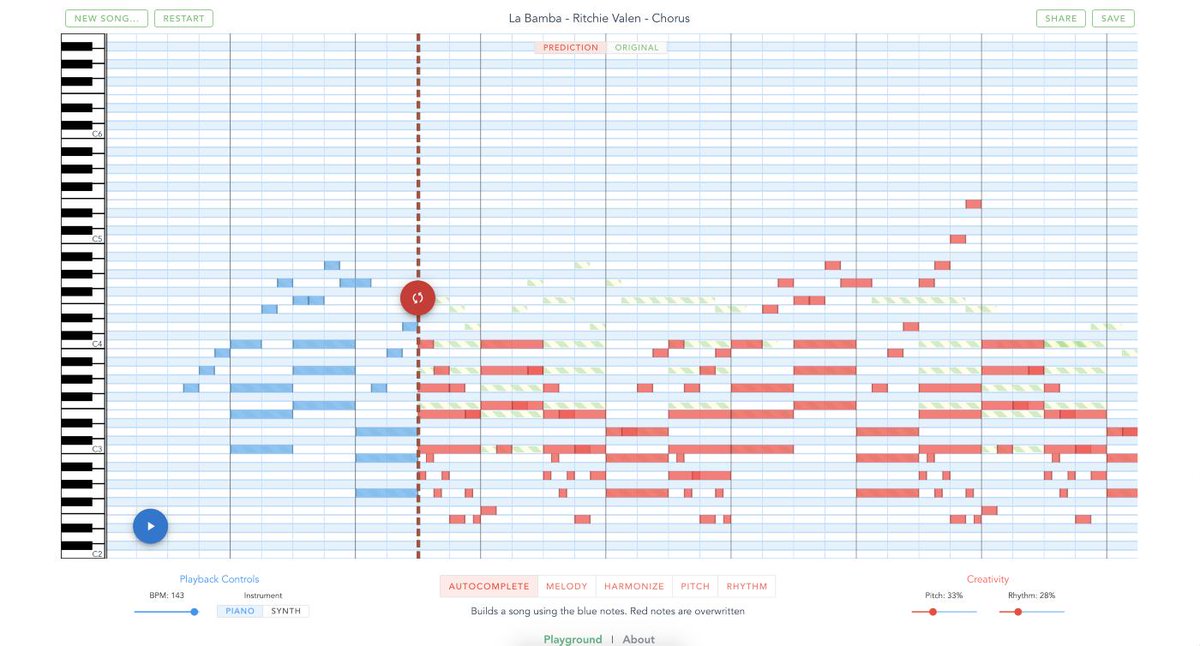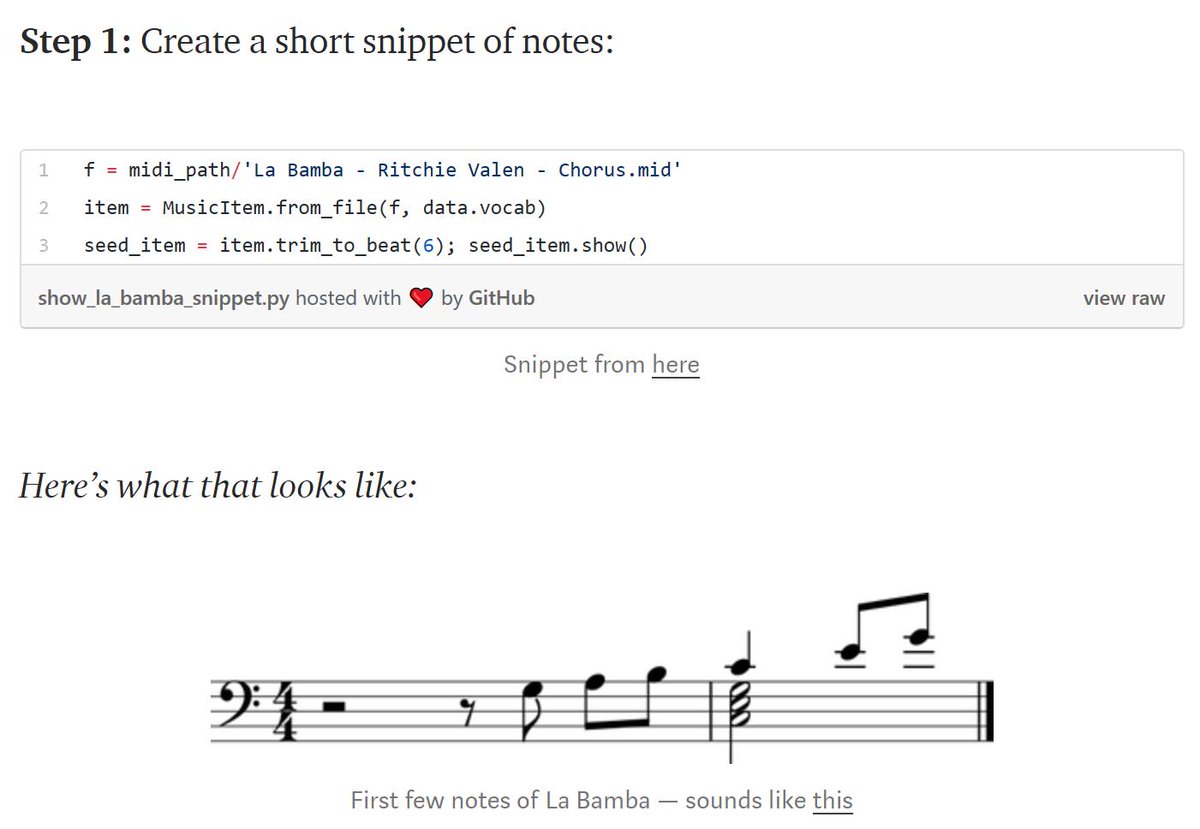On Bayesianism, the Many Worlds Interpretation, and personal identity.
Some thoughts worked out in a letter to a friend, which is the kind of thing you do when off Twitter for a glorious week. (🧵)
https://t.co/DhHmN0ndjx
Is there a fact of the matter as to whether the cat is alive before you open the box?
— Avraham Eisenberg (@avi_eisen) November 8, 2020
I would say not, and all your references to how the world "is" are similarly incoherent.
Wait so you disagree with 'quantum splitting means that that there are futures where you become the next US president and futures where you murder your family and futures where you spontaneously combust' takes?
— Peli Grietzer (@peligrietzer) November 8, 2020
Can you defend this distinction between past and future splits?
— Avraham Eisenberg (@avi_eisen) November 8, 2020
You mentioned personal identity, are you going to argue that personal identity splits even if we're unaware of any differences?
My issue is what forks \u201cspace\u201d itself? Obv we need a QG theory, but MWI assumes some background independence or metaphysical substrate in which alternative quantum states can resolve.
— U.S.O.U.S. (@hyperauxetic) November 8, 2020
You think there's a fact of the matter about whether you are Classical Simon1 or Classical Simon2? My instinct is that there isn't, if they are qualitatively identical to each other
— Peli Grietzer (@peligrietzer) November 8, 2020
If both have the exact same memories and you can't tell which one "you" are, then from your perspective there shouldn't be a fact of the matter as to which one you are. At least, that's my view on personal identity. What's the argument against?
— Avraham Eisenberg (@avi_eisen) November 8, 2020
Not sure how that's relevant to personal identity.
— Avraham Eisenberg (@avi_eisen) November 8, 2020
Simon, I don't mean to distract you from your brilliant thread, here, but what would you say to a Meillassouxian-type committed to an arche-fossil as the basis of absolute contingency?
— NAF Loves Meillassoux (@LovesNaf) November 8, 2020
Not sure this is what you\u2019re looking for, but Tegmark uses cosmic rays causing cancerous mutations as one example of quantum splitting have observable macro effects.
— Matt Clancy (@mattsclancy) November 8, 2020
More from Simon DeDeo
As a dean of a major academic institution, I could not have said this. But I will now. Requiring such statements in applications for appointments and promotions is an affront to academic freedom, and diminishes the true value of diversity, equity of inclusion by trivializing it. https://t.co/NfcI5VLODi
— Jeffrey Flier (@jflier) November 10, 2018
We know that elite institutions like the one Flier was in (partial) charge of rely on irrelevant status markers like private school education, whiteness, legacy, and ability to charm an old white guy at an interview.
Harvard's discriminatory policies are becoming increasingly well known, across the political spectrum (see, e.g., the recent lawsuit on discrimination against East Asian applications.)
It's refreshing to hear a senior administrator admits to personally opposing policies that attempt to remedy these basic flaws. These are flaws that harm his institution's ability to do cutting-edge research and to serve the public.
Harvard is being eclipsed by institutions that have different ideas about how to run a 21st Century institution. Stanford, for one; the UC system; the "public Ivys".
More from Data science
You May Also Like
Please add your own.
2/ The Magic Question: "What would need to be true for you
1/\u201cWhat would need to be true for you to\u2026.X\u201d
— Erik Torenberg (@eriktorenberg) December 4, 2018
Why is this the most powerful question you can ask when attempting to reach an agreement with another human being or organization?
A thread, co-written by @deanmbrody: https://t.co/Yo6jHbSit9
3/ On evaluating where someone’s head is at regarding a topic they are being wishy-washy about or delaying.
“Gun to the head—what would you decide now?”
“Fast forward 6 months after your sabbatical--how would you decide: what criteria is most important to you?”
4/ Other Q’s re: decisions:
“Putting aside a list of pros/cons, what’s the *one* reason you’re doing this?” “Why is that the most important reason?”
“What’s end-game here?”
“What does success look like in a world where you pick that path?”
5/ When listening, after empathizing, and wanting to help them make their own decisions without imposing your world view:
“What would the best version of yourself do”?































